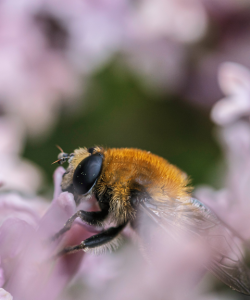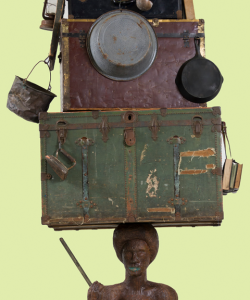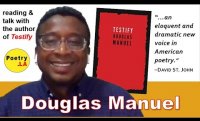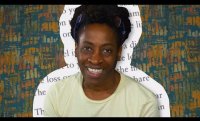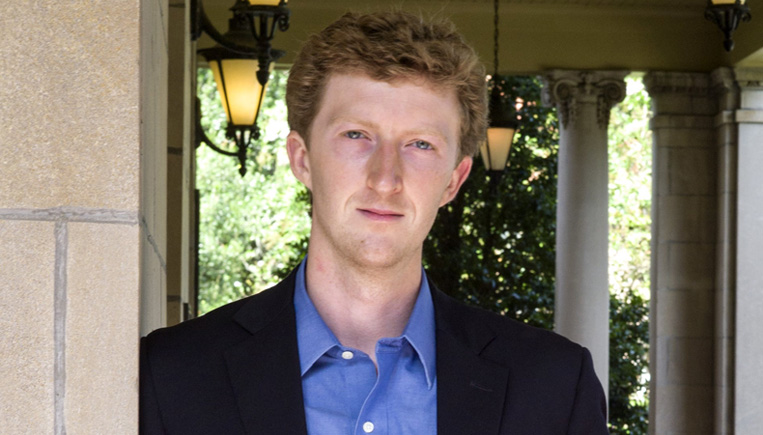Benjamin Morris is the author of Coronary (Fitzgerald Letterpress, 2011), Hattiesburg, Mississippi: A History of the Hub City (History Press, 2014), and Ecotone (Antenna/Press Street Press, 2017), and the editor or coeditor of four volumes of poetry, fiction, and nonfiction. His work has received academic and creative fellowships from Tulane University and a residency from A Studio in the Woods in New Orleans. You’ll always find him somewhere in New Orleans supporting the literary community.
How has this pandemic impacted you personally and professionally?
In a word: multiply. During lockdown I’ve been grateful to stay healthy, but even having avoided the virus thus far, it’s hard to avoid that gnawing feeling of anxiety over so many everyday activities: It seems like everything we do now is laced with tension. That’s the strangest thing; because the virus could be anywhere, it’s everywhere. Every public move you make is a risk calculation. That said, like many folks here and across the country, I’ve taken a punch to the fiscal gut. Early on in the outbreak my hours at my day job were cut in half, and every gig, reading, and appearance I had planned since February has been canceled. Last month, I was supposed to give a lecture on trends in contemporary Mississippi poetry to the Mississippi Poetry Society, which has now been rescheduled for 2023. It’s not been easy.
What books are you reading while quarantined?
I’ve just finished The Everlasting by Katy Simpson Smith, which came out in March (so go buy it!). The novel is set in Rome, Italy, over four different time periods, following a structure not unlike David Mitchell’s Cloud Atlas. Not only is it a gorgeous book in its own right, but mentally traveling through time and space has been an ideal antidote for the malaise of quarantine. Next up is poetry—I’ve got a stack of books from past presenters at the New Orleans Poetry Festival, such as Henk Rossouw’s Xamissa and Lee Ann Brown’s Polyverse. And just before Mardi Gras, a friend gave me a first edition of C. D. Wright’s Rooms Rented by a Single Woman published by Lost Roads Press—what a gift!
If you knew five months ago what you know now, how would you have prepared for this moment?
More exercise equipment! I’ve long held that the gym is like church for the body, and outside of church it remains the single best place to boost mental health. I was underprepared with gear when the outbreak broke out (apologies for the chiasmus), and have had to cobble together different implements since. Believe it or not, you can do more cardio with a rake than you think.
Have you attended or participated in any virtual readings? Is it here to stay or do you prefer to return to in person readings?
When we voted to cancel the 2020 New Orleans Poetry Festival, it was one of the most difficult decisions our board had ever faced. A small salve for the wound was our attempt over the original festival weekend to curate a virtual fest, soliciting videos of readings, panels, tributes, and odes to the kitchen sink—my own submission features a guest appearance from my cat. They’re all up on the festival’s website and I couldn’t be more grateful to everyone who made it happen. But no, to my mind, virtual readings versus in-person events are like how Wynton Marsalis once compared listening to a CD versus going to a live performance: like looking at a picture of a steak.
What’s your hope for New Orleans during and after this pandemic?
One thing that has moved me these last few months is the outpouring of simple kindness from our citizenship. Like many have said—most recently Maurice Ruffin in the New York Times—in some ways this is like Katrina all over again. I well remember from those years the shared recognition that just about everyone you encounter on a given day—friend, family, stranger—is suffering from untold depths of stress, and a little extra patience, tolerance, and consideration can be the difference between a day they survive and a day they don’t. It’s like that all over again. My hope for the city is that we recognize the fragility of all our relationships, even transitory ones, and allow such gentleness and tenderness to reenter civic life for good.
Benjamin Morris. (Credit: David G. Spielman) Kelly Harris is the literary outreach coordinator for Poets & Writers in New Orleans. Contact her at NOLA@pw.org or on Twitter, @NOLApworg.




